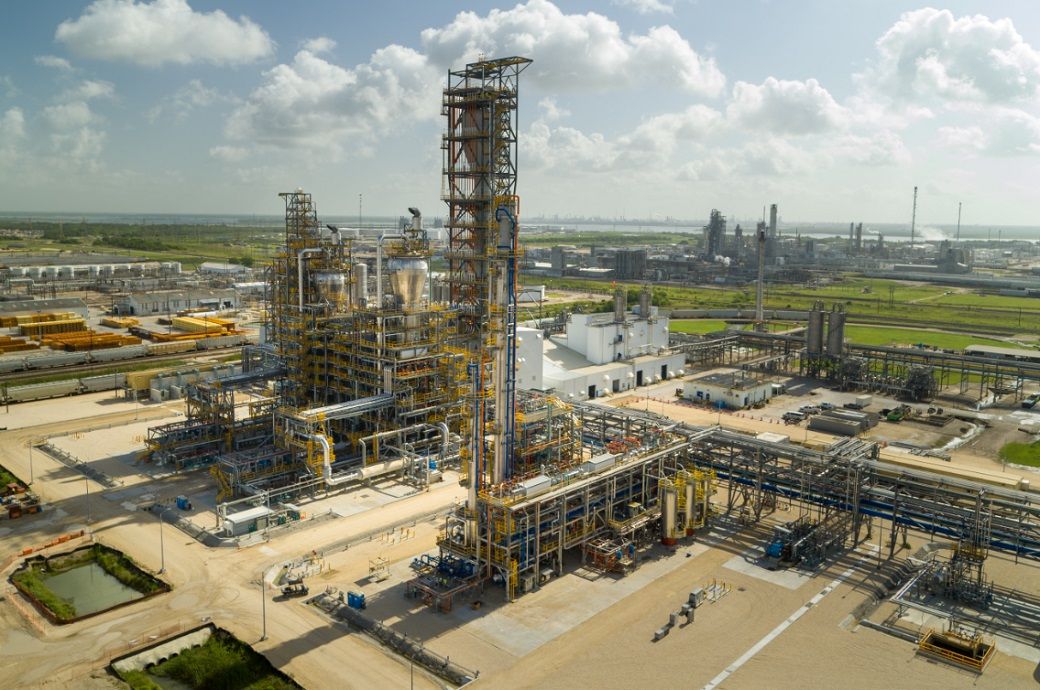
Neste and Braskem, the largest producer of thermoplastic resins in the Americas, have reached an agreement for the supply of renewable and recycled feedstocks for polymers and chemicals production. Braskem products based on these feedstocks are expected to be available on the market starting from the fourth quarter of 2024. These products will be sold mainly in South America and included in Braskem’s Wenew product portfolio.
“This is a very important moment for the industry. We're introducing a new solution that will adhere to the industry’s high quality standards while ensuring sustainability right from the start of the value chain. This partnership with Neste is a significant milestone in our journey towards a circular economy,” stated Fabiana Quiroga, director of Circular Economy at Braskem in South America.
Braskem will sell polymer resins and chemicals made from Neste’s more sustainable feedstock Neste RE: the recycled feedstock, produced leveraging plastic waste via chemical recycling, and the renewable feedstock produced by processing renewable raw materials such as used cooking oil (UCO).
“We are excited to welcome Braskem as our partner in advancing the transformation of the plastics and chemicals industry towards more sustainable solutions,” emphasizes Jeroen Verhoeven, commercial director for Polymers and Chemicals at Neste. “We are looking forward to seeing our Neste RE solution in action in South America, reducing the dependence on virgin fossil feedstock in the production of polymers and chemicals.”
An ISCC PLUS (International Sustainability and Carbon Certification) certified mass balance approach will be applied to integrate the new feedstocks into Braskem's existing processes. This will give customers further reassurance regarding the uninterrupted chain of custody and the sustainable sourcing of the materials.
An innovative solution with clear climate benefits
By combining chemically recycled and renewable solutions, Braskem builds upon two of the most promising solutions to reduce the use of virgin feedstock and to promote sustainability in chemicals and plastics value chains.
Chemical recycling enables the recycling of those types of plastic waste that are otherwise difficult to recycle, for example multi-material or colored plastics. In this sense, Neste’s chemically recycled feedstock can contribute to increasing recycling and therefore help reduce the amount of plastic waste entering the environment.
Neste's renewable feedstock, on the other hand, can help reduce greenhouse gas (GHG) emissions when replacing fossil feedstock in the manufacturing of plastics and chemicals. It is produced using renewable raw materials such as waste and residue oils and fats like used cooking oil or residues from vegetable oil processing.
Both feedstocks enable manufacturing of products that are safe and suitable also for sensitive applications, for example food-contact packaging, representing a huge step forward for the market. Particularly for chemical recycling, the Brazilian Health Regulatory Agency (ANVISA) acknowledged that chemical recycling processes, which produce high-purity monomers indistinguishable from the original fossil-based monomers and that comply with applicable regulation for food-contact packaging, can be used without requiring any specific authorization.
Fibre2Fashion News Desk (HU)